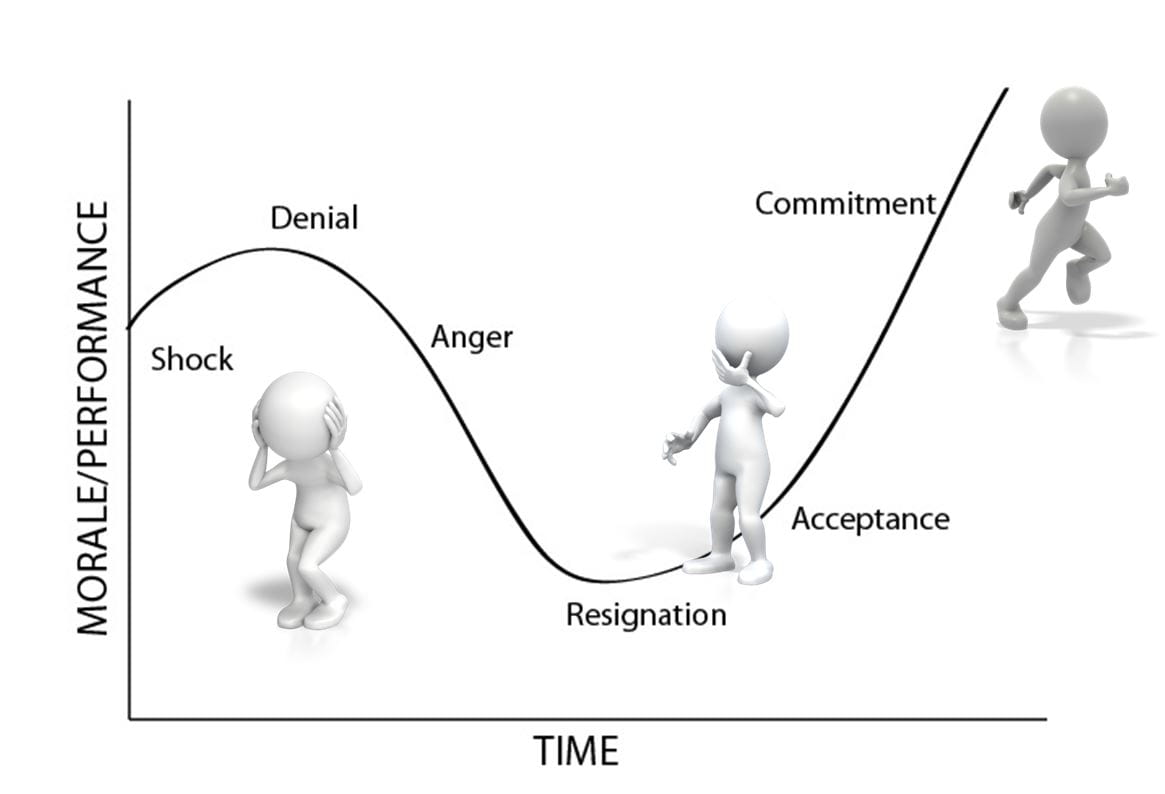Brexit and the challenge of change
John Hackston, Head of Research at OPP
So it’s decided, then; we’re out. The dust hasn’t settled, many things are unclear and undecided, but one thing is certain – we are in for a period of change. Maybe not today, maybe not tomorrow, but certainly within the next two years. And as psychologists, we know that change isn’t easy for individuals or for organisations. So it’s certainly going to be a challenge for us as a country.
For the 48% of voters who chose ‘Remain’, Brexit is an imposed change – something that we know people find especially difficult. Many will be uncertain about what is going to happen, sceptical about or suspicious of what they are being told, and angry with the situation and with those they see as responsible for it. They are likely to be, in effect, in mourning for what they feel they have lost and will find themselves going through the grieving cycle; it may be some time before they see any positives in the new order.
Of course, things will change for Brexiteers, too, and not necessarily in the ways that they may expect. So for all of us it is important to recognise what we will need during a time of change, how we will deal with the losses that change can bring, how we are likely to react when things are changing, and how we can reconcile ourselves to the change and move on. A degree of self-awareness is essential here, and this is where tools like the MBTI instrument can help. Knowing our individual personality type means that we have a roadmap for navigating through the change process – whether this be Brexit, changes in our personal lives, or changes at work. It may be that politicians and civil servants can learn from the ways in which organisations have successfully managed change by recognising and catering to the needs of different personality subgroups in the population.
